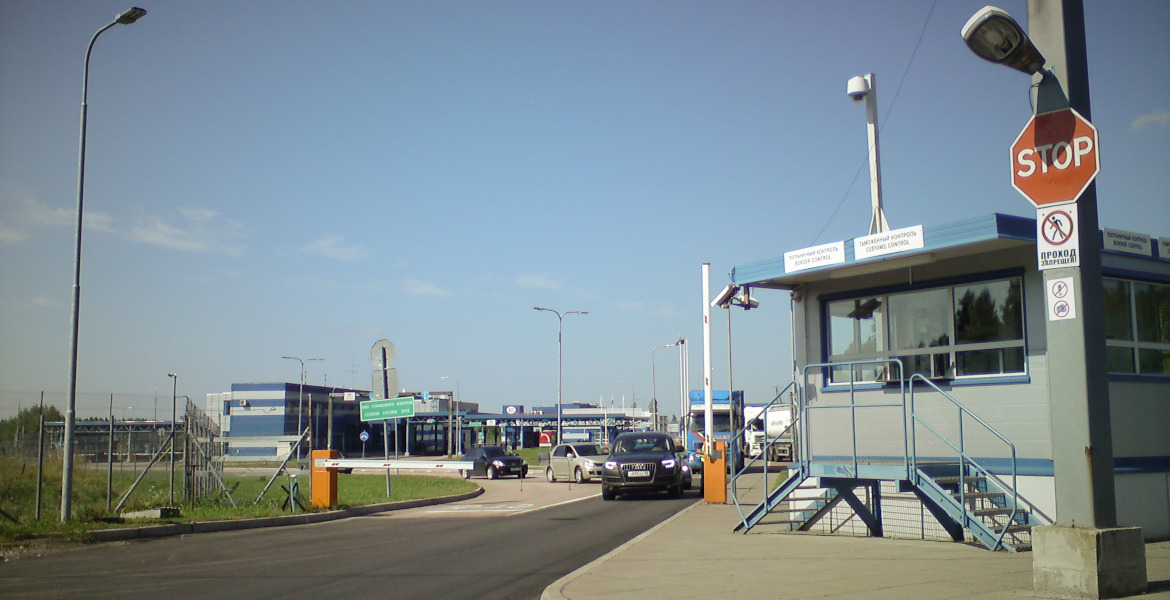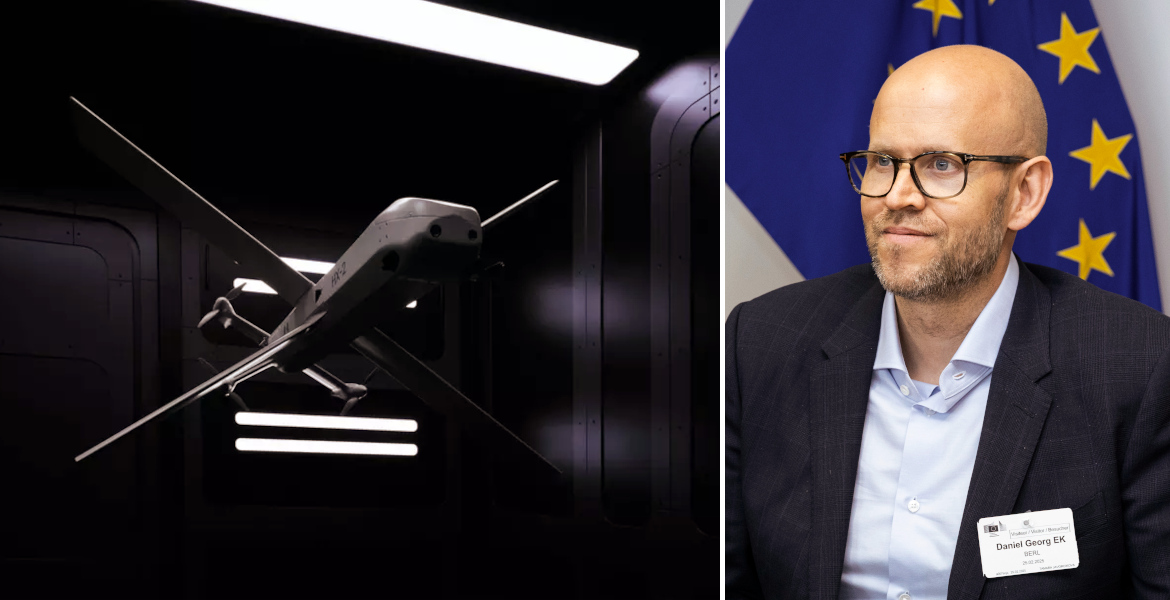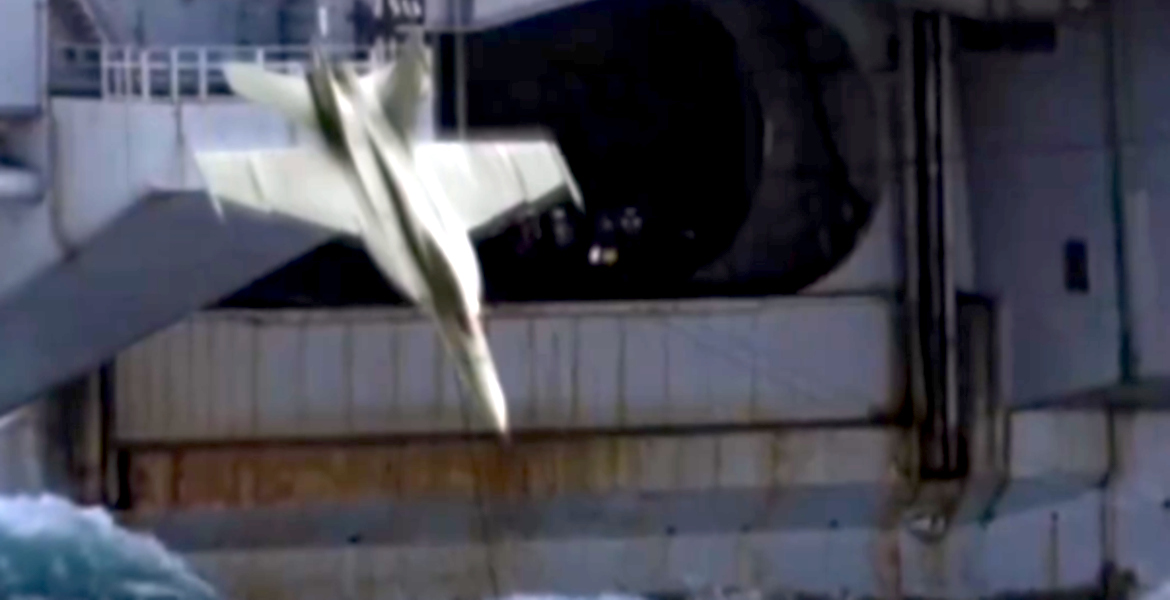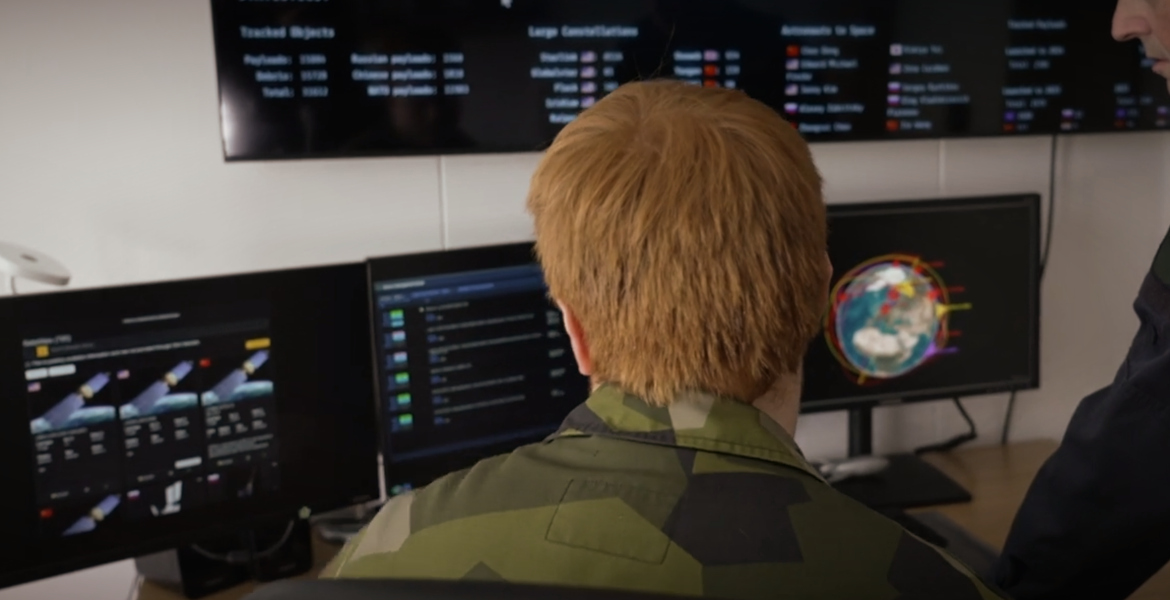If the Sweden Democrats had voted no to DCA, the issue would have been tabled, and the Swedish people would have had time to familiarize themselves with the issue. Members of the Swedish Parliament (Riksdag) were informed. On June 7, Svenska Dagbladet published the article Wait with decisions on American bases, and they received emails with tips about the article.
Here you can see how the Riksdag voted. Scroll down a bit and you will see a list of how each person voted.
What does DCA mean?
The DCA has nothing to do with NATO membership but is only a military agreement between the US and Sweden. The agreement is for ten years, which means that the US is allowed to have seventeen military bases in Sweden where they can also store military equipment. Their aircraft, ships and vehicles may move freely in the country. There are no guarantees that nuclear weapons will not be placed in Sweden.
The work on the agreement was started by the former Minister of Defense, Peter Hultqvist, and completed by the current Minister, Pål Jonson. The idea behind the DCA is that the US is planning war against Russia, and they want to be able to attack Russia from Sweden. The US can attack with aircraft or missiles. They avoid attacking from their own country, while any response from Russia impacts Sweden. This would drag Sweden into the USA's war against Russia. This plan from the USA is diabolical, and unfortunately, there are people here in Sweden who have helped facilitate it.
Read the agreement here with some comments.
Response to an opinion poll
The Swedish Peace Council commissioned an opinion poll. The question was: Do you think that foreign powers should be allowed to place military and war material on Swedish military bases without Swedish supervision? 84% answered "No".
The Sweden Democrats' central office was informed of the opinion poll, and the following response was given:
"Hello
... the starting point is that all activities are conducted with respect for Swedish sovereignty... [Regarding selected parts of the agreement: Economy, law, bases, nuclear weapons.]... the significantly deteriorating security situation in our region has necessitated a reevaluation of our foreign and defense policy.
Kind regards,
[First name]
Information assistant"
On Swedish sovereignty. It is abolished in point 7.3 of the agreement. Also paragraph 11.1 abolishes Swedish sovereignty: "[U.S.] aircraft, vessels, and vehicles may not be boarded or controlled without the consent of the United States."
On deteriorating security policy developments. There is nothing in the agreement about US assistance. Instead, with American attacks from here, the security policy development will be much worse for us.
The full response from the Sweden Democrats can be read here. It was probably written by influential people at the top of the party, and it is cowardly that they do not sign their names.
On crimes against Sweden's security
The human rights organization Accoun filed police reports on 13 December 2023 and 9 June 2024 about how DCA had come about. The reports have so far led nowhere, but they contain valuable material for further work against DCA. In the report, they drew our attention to the Criminal Code's provisions on crimes against Sweden's security.
DCA supporters try to bluff
The DCA supporters claim that Russia is threatening its surroundings. They mention Ukraine, Crimea and Georgia and then claim that US military bases are therefore needed in Sweden.
The war in Ukraine began in 2014 with the coup d'état in Kiev. The new regime then rearmed, and for several years bombed its own population in eastern Ukraine. In December 2021, Russia submitted proposals to the United States and NATO for agreements on security issues, but was rejected. On February 24, 2022, Russia entered Ukraine and in March there was a peace agreement that NATO blocked.
Crimea was annexed to Ukraine in 1954. In 2014, following a referendum, it applied to become part of Russia. Russia approved the application, protecting the Russian population and preventing its naval base on the Black Sea from becoming part of NATO.
The war in Georgia in August 2008 was not Russian aggression. See Swedish Wikipedia.
It is NATO that has been pushing against Russia and preparing for war in Ukraine for many years, as part of NATO's plans to attack Russia. That's the big picture in a nutshell.
The Sweden Democrats bylaws
We read in the Sweden Democrats bylaws, Chapter 1, General Statutes, § 1 Purpose and goals:
"The Sweden Democrats are a social conservative party with a nationalist outlook ... The party was formed in 1988 with the overall goal of forming a democratic, political movement that would safeguard the common national
identity ... We affirm ... proven well-functioning natural communities in the form of the family and the nation."
Can a nationalist party really allow foreign powers to acquire military bases on Swedish soil?
Members' power in the party
The Sweden Democrats grassroots can arrange for an extraordinary National Congress to be convened in order to replace the top members responsible for the party voting in favor of the DCA agreement.
Furthermore. Elections to the Riksdag will be held in the fall of 2026. The party candidates, and thus the ballots, will probably be decided in 2025 or early 2026. Then make sure that those who voted for the DCA agreement end up so far down the ballot that they do not enter the Riksdag again.
Collaboration is important
The purpose of the DCA is that the US wants to be able to attack Russia from Swedish soil, and thus the agreement is extremely dangerous for us. Therefore, we must seek cooperation in every possible way to terminate the agreement, preferably before the ten-year deadline. NATO supporters and opponents must work together. Most NATO supporters are peaceful, but unfortunately, they have not fully understood NATO's militaristic nature. They can help against the DCA.
A renewed Sweden Democrats party should seek cooperation with the Left Party (V) and the Greens (MP) on the issue of DCA and apply something called a united front. This means that even if you are far apart politically, a particular issue may be so important that you work together on that particular issue to achieve results.
All avenues must be explored. It is possible to propose in the Riksdag that the Chancellor of Justice and the Constitutional Committee examine how the agreement was established, doing so in light of Chapter 19 of the Penal Code, and that as long as the review is ongoing, the agreement should not be valid.
Chapter 19:3 of the Penal Code states:
"If a person assigned to negotiate on behalf of the realm with a foreign power, or otherwise to safeguard the interests of the realm with someone representing the interests of a foreign power, abuses their authority to represent the realm or otherwise misuses their position of trust, thereby causing significant harm to the realm, they shall be sentenced for disloyalty in negotiations with a foreign power to a fixed term of imprisonment, not less than two years and not more than eighteen years, or for life.”
This is serious stuff.
Our times are dramatic, and a revitalized Sweden Democrats party can make a significant impact on Sweden.
Björn Backengård,
Hisings Backa, Gothenburg, Sweden
Translation by TNT editorial team.
The Defence Cooperation Agreement (DCA) is a bilateral defense cooperation agreement between Sweden and the United States. It was approved by the Swedish Parliament on 18 June 2024.
The Sweden Democrats is the second largest party in the Swedish Riksdag. They are not part of the current "Tidö" government, but work closely with it.




